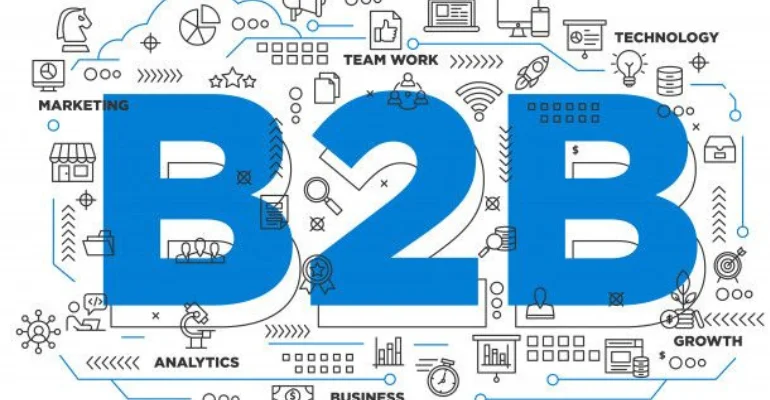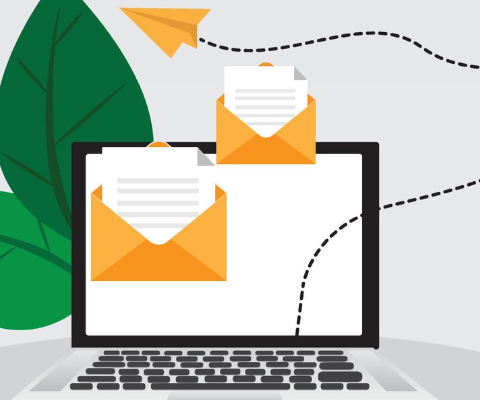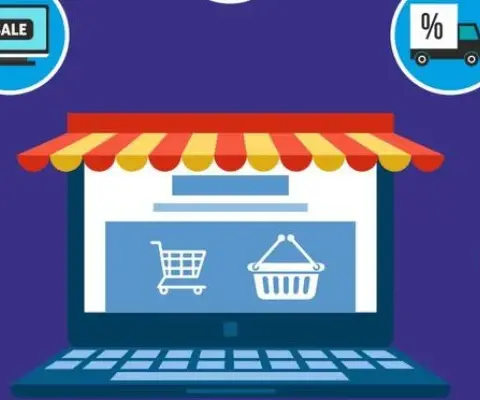
Referral Programs: A Comprehensive Guide to Boosting B2B Sales and Revenue
In the competitive landscape of B2B sales, relationships are the cornerstone of success. Referral programs, a strategic approach to leveraging existing customer relationships, have emerged as a potent tool for enhancing visibility and revenue. This blog explores the significance of referral programs, how to implement them effectively, and the critical role of Net Promoter Score (NPS) surveys in identifying potential referrers.
The Essence of Referral Programs in B2B Sales
Referral programs are akin to the heartbeat of B2B sales, pumping life into your sales pipeline by tapping into the trust and loyalty of your existing customers. These programs are not just about acquiring new customers; they are about nurturing relationships and fostering a culture of advocacy. The Harvard Business Review highlights that 84% of all B2B sales begin with a referral, with referred leads being up to 4x more likely to buy and having 16% higher lifetime account values on average compared to non-referred customers .
The Importance of NPS Surveys in Identifying Potential Referrers
NPS surveys serve as a powerful tool for identifying customers most likely to make referrals. Unlike other surveying systems like Customer Effort Score (CES) or Customer Satisfaction (CSAT), NPS goes beyond asking if customers are satisfied or how much effort they put into their experience. It directly asks if they would be willing to refer, thereby gathering a network of customers who are eager to bring you more business .
Best Practices for Implementing a Referral Program
To build a successful referral program, it’s crucial to start with a clear strategy. Here are some best practices to consider:
– Start Small and Simple: As Cary T. Self, Global VP of Education and Services at CustomerGauge, suggests, “Just get started. It doesn’t have to be fancy and it doesn’t have to be automated, just get started. It’s a staggeringly low percentage that actually have a referral program. So you’re already going to be ahead of most of the competition!” .
– Leverage NPS Surveys: Use NPS surveys to identify your most loyal customers who are likely to make referrals. Boost your response rates, survey multiple contacts within each B2B account, and increase your survey frequency to gather more data .
– Measure and Track: Track the success of your referral program by measuring participation rates, referral rates, conversion rates, and revenue growth through referrals. This data will help you understand the effectiveness of your program and make necessary adjustments .
The Impact of Referral Programs on B2B Sales
Referral programs have a profound impact on B2B sales, offering a cost-effective way to acquire new customers. According to a report by CustomerGauge, 54% of B2B professionals aren’t using a formal referral program, indicating a significant opportunity for businesses to leverage this strategy .
Why Referral Programs Matter
Referral programs are not just about acquiring new customers; they are about building a community of advocates who are invested in your success. Word-of-mouth marketing influences 91% of a B2B purchaser’s buying decisions, making referral programs a source of high-quality leads at a lower cost than other marketing channels .
Conclusion
In the B2B sales landscape, referral programs are a game-changer. By leveraging existing customer relationships and using NPS surveys to identify potential referrers, businesses can significantly boost their sales and revenue. Implementing a referral program is a strategic move that not only enhances customer loyalty but also opens up new avenues for growth.
Embrace the power of referral programs and watch as your B2B sales skyrocket.



























